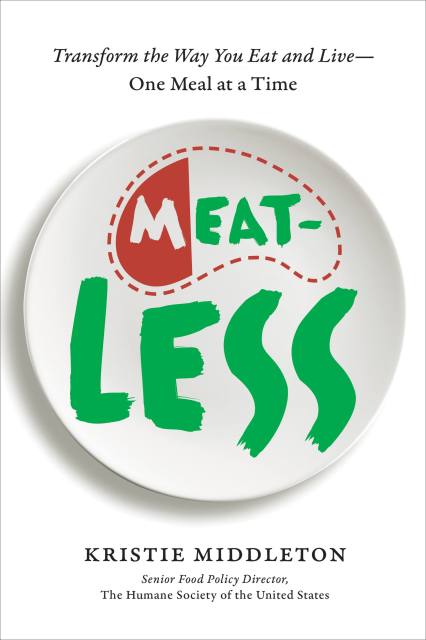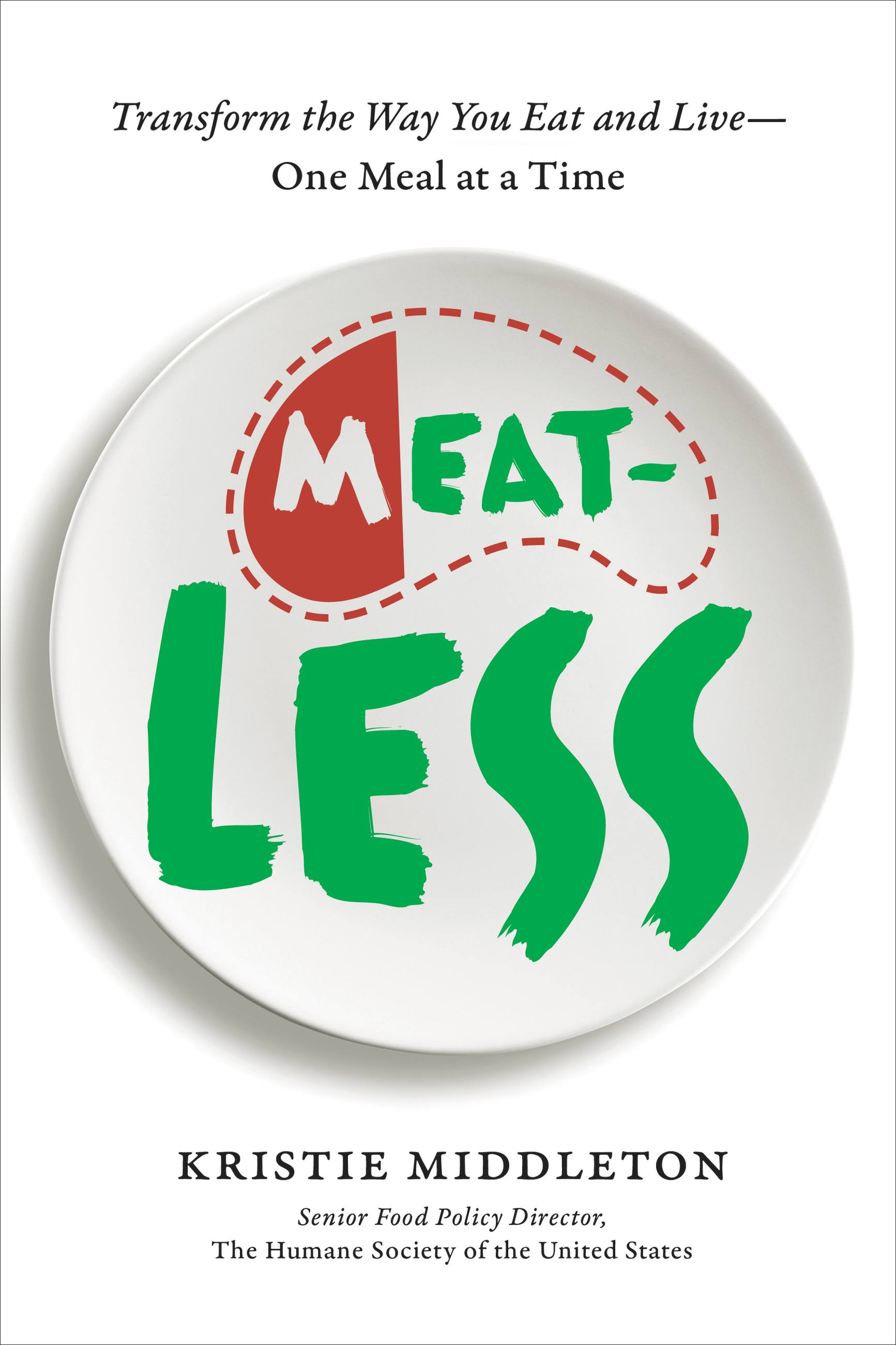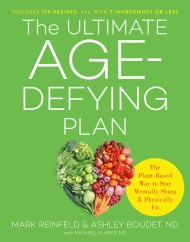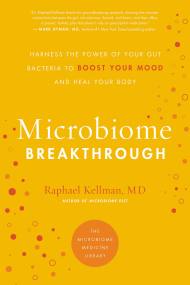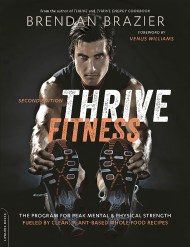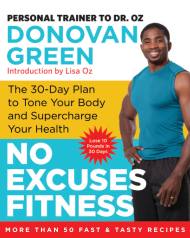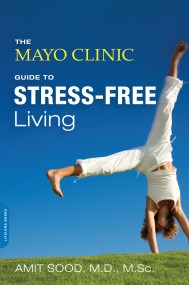By clicking “Accept,” you agree to the use of cookies and similar technologies on your device as set forth in our Cookie Policy and our Privacy Policy. Please note that certain cookies are essential for this website to function properly and do not require user consent to be deployed.
MeatLess
Transform the Way You Eat and Live--One Meal at a Time
Contributors
Formats and Prices
Price
$17.99Price
$22.99 CADFormat
Format:
ebook $17.99 $22.99 CADThis item is a preorder. Your payment method will be charged immediately, and the product is expected to ship on or around March 7, 2017. This date is subject to change due to shipping delays beyond our control.
Also available from:
- On Sale
- Mar 7, 2017
- Page Count
- 256 pages
- Publisher
- Da Capo Lifelong Books
- ISBN-13
- 9780738219783
Newsletter Signup
By clicking ‘Sign Up,’ I acknowledge that I have read and agree to Hachette Book Group’s Privacy Policy and Terms of Use
